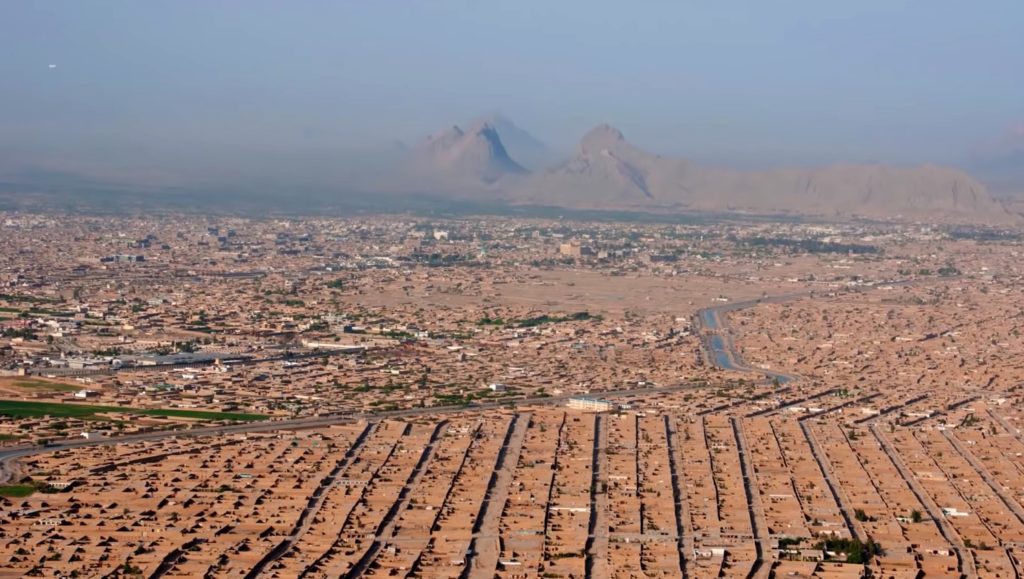‘Eid bowl (or akhtarisa kassa in Pashtu) is a long-standing cultural tradition practiced by rural communities belonging to different ethnic groups in Kandahar province.
On the first day of the ‘Eid festival, members of many rural households will embrace each other and prepare food at home that they bring in an Eid bowl to be shared among the community.

Shah Agha, who is 45 years old, explains: “To celebrate the occasion, we cook at home a variety of food such as rice, manto, halwa, meat, and soup and deliver this to a mosque or public place in our village on the first day of Eid. The poor, elderly folk, children – even the rich – are able to enjoy this food as part of their Eid celebration.”
Haji Qayoum, another resident of Kandahar, explains: “There are different classes in our society; some are well-off and others are poor. At the Eid, they share food with each other as a way to show their faith and generosity to others.”
Rural areas of Kandahar province are socially-conservative and, in most households, womens’ participation in social and cultural events is determined their male relatives. While there are often close bonds between women of different households within a village, how they interact in public is restricted – and closely monitored.
“Control exercised by men in Kandahar limits the social life of most women and affects all aspects of their lives and prevents them from realizing their full potential.” says a resident of the Noorani area in Kandahar
The tradition of the ‘Eid bowl has the potential to affirm solidarity within a community. Shah Agha says: “While we might not practice gender equality, such cultural traditions are a way of recognizing our dependence on each other and demonstrating our mutual respect. It contributes to the sense of closeness and even love within a community, and help overcome differences between individuals and families.”
He continues: “People can leave their quarrels behind on this occasion, embrace each other, and share food. This helps to build trust and even resolve long-standing disputes between villagers”
After eating from the ‘Eid bowl, villagers visit each other at home to celebrate Eid with relatives.
Village children will go from house-to-house in groups to offer ‘Eid greetings, and expect to receive sweets and fruit. When they can afford to, all members of the household – men, women and children – will wear newly-bought clothes for the occasion.













